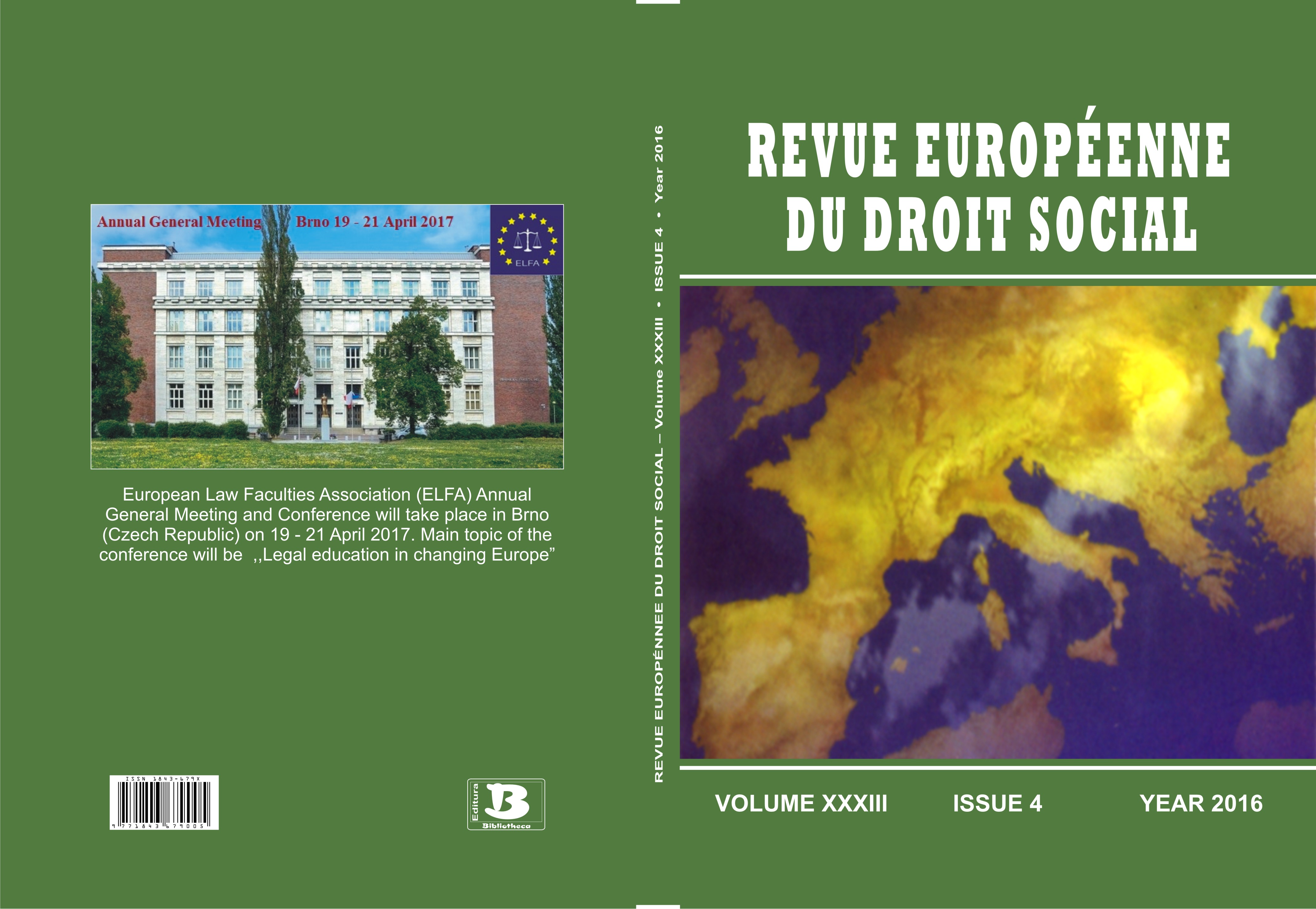LES DÉFIS DE L'ENSEIGNEMENT D'UNE LANGUE
ÉTRANGÈRE DANS LE CONTEXTE PLURILINGUE
AFRICAIN: QUELLES APPROCHES PÉDAGOGIQUES
POUR LE PROF DU FLE FACE AU MULTILINGUISME
SCOLAIRE AU GHANA
THE CHALLENGES OF TEACHING A LANGUAGE
FOREIGN IN THE PLURILINGUAL CONTEXT
AFRICAN: WHAT PEDAGOGICAL APPROACHES
FOR THE PROFESSION OF THE FLE FACE TO MULTILINGUALISM
SCHOOL IN GHANA
Author(s): Agbefle Koffi GanyoSubject(s): Social Sciences
Published by: Editura Bibliotheca
Keywords: Multilingualism in school; National languages; linguistic Transition; Crosssectional research; Contextual Communicative approach.
Summary/Abstract: The objective of this paper is to outline the importance of transition betweennational languages (NL) and foreign languages (FL) within the framework of interactionalperspective in multilingual Africa (J. Poth, 1997), taking the example of Ghana. Ghana is anAfrican country whose official language is English; however several other national andforeign languages share the language landscape. French is one of these and is taught as aforeign language in many Ghanaian schools. Therefore, in this multilingual context, theFrench teacher at the primary, secondary or even the tertiary level is confronted withmanaging this triple language situation in the same class: Ghanaian national languages,English (the official language) and French (a foreign language). The teaching of Frenchtherefore poses many problems from a pedagogical and didactic point of view. Indeed, themere diversity of languages spoken by the students is a difficulty for the teaching/learning ofFrench as a Foreign Language (FFL). In addition there are other problems such as the lackof teaching materials and of resources. In such an environment, the teacher has to innovatein order to engage students in learning (P. Bange, 1996). He needs to enable the student tomove from what he knows how to do as an individual to what he can do in collaboration withothers (Vygotsky, 1997). Consequently, using a communicative approach in context, basedon linguistic transition, the French teacher in this multilingual environment uses a variety ofteaching strategies including ICT. This paper gives us the opportunity to share our personalexperience as well as the results of a cross-sectional research undertaken on 30 teachers ofFFL at the primary, secondary and tertiary levels in Ghana. The main research questionhere is the following: how does multilingualism in schools influence the FFL teacher’smethodologies and what solutions are possible in a diversified sociolinguistic context inAfrica in general and Ghana in particular
Journal: Revue Européenne du Droit Social
- Issue Year: 2016
- Issue No: 4 (33)
- Page Range: 137-145
- Page Count: 9
- Language: French

